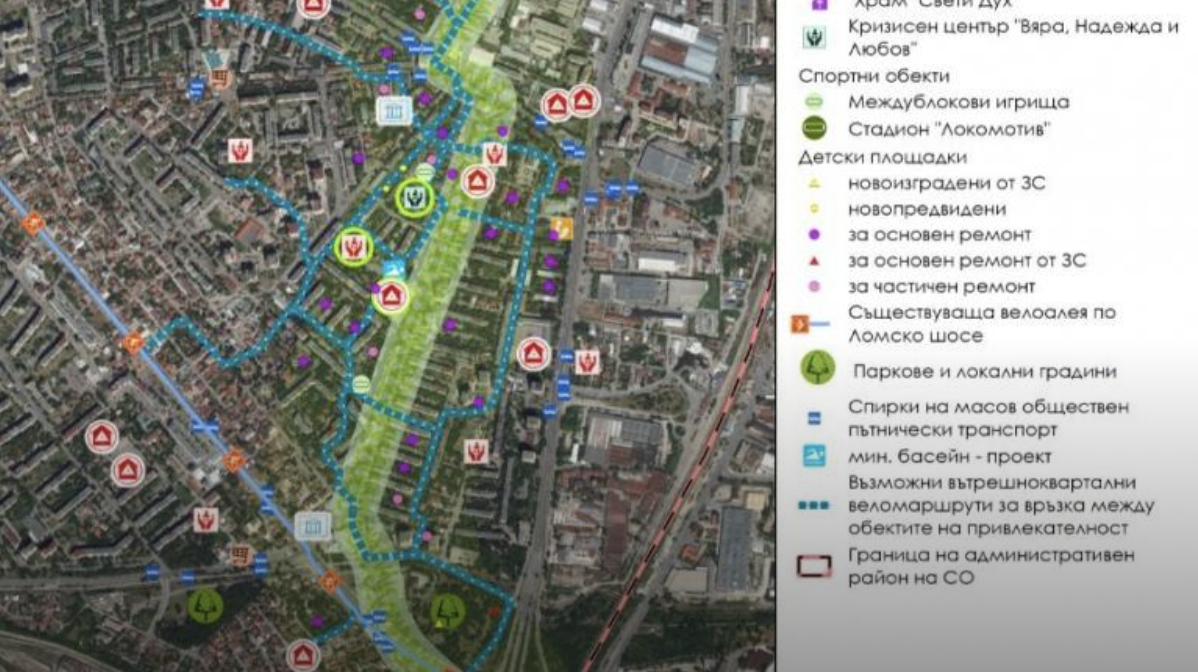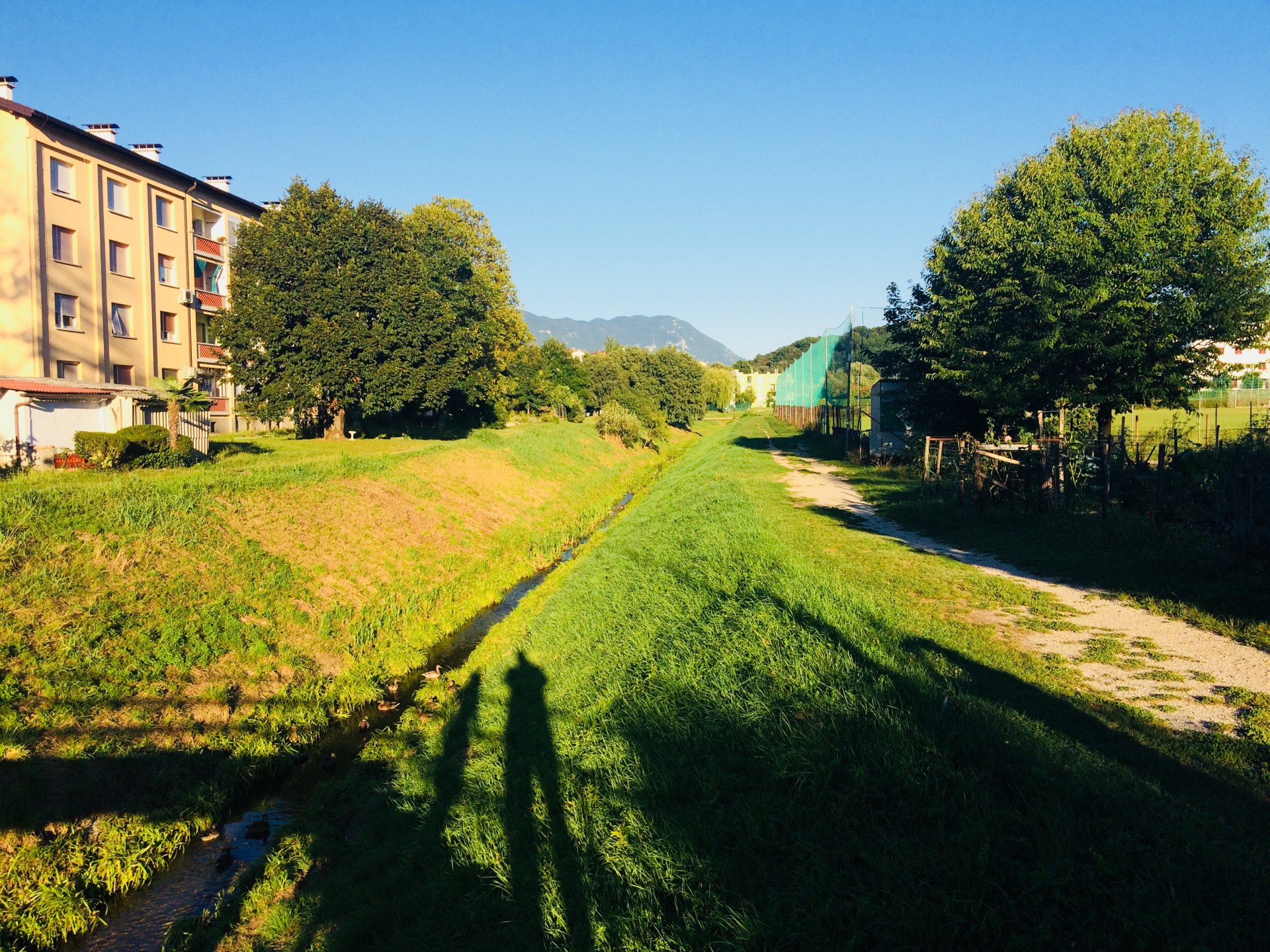During the recently held Local Democracy Academy 2020 (14 – 18 December 2020), URBiNAT Consortium members from the University of Coimbra’s Centre for Social Studies, Isabel Ferreira, Beatriz Caitana and Nathalie Nunes, presented a new URBiNAT policy brief on “Municipal committees to experiment innovative urban governance in nature-based projects, aimed at inclusive urban regeneration“
“connecting leading scholars to share ideas and provide innovative policy recommendations”
Based in Visby, Sweden, the Local Democracy Academy has a mission to “provide policy labs for researchers, leading policymakers and practitioners to discuss concrete problems experienced by local governments, and provide possible solutions”. Every year the ICLD Local Democracy Academy takes the form of an academic programme that brings together an international group of leading scholars, doctoral students, post-doctoral scholars, junior researchers, local policy makers and government officials for an intensive week of mutual learning, critical thinking and joint exploration of new ideas and approaches to achieving the Sustainable Development Goals.
This year’s event, like so many others, took place virtually, via Zoom

Beatriz Caitana, Nathalie Nunes and Isabel Ferreira, CES
About URBiNAT’s policy brief: This policy brief explores the challenges and innovative opportunities of institutionalising participatory processes within municipal contexts in the frame of the EU-funded URBiNAT project, aimed at co-creating healthy corridors with residents and stakeholders in areas under urban regeneration. It presents research and field developments and proposes to consider the development of a municipal roadmap to experiment innovation in urban governance, namely through municipal local committees, redirecting the co-creation energy and efforts to institutional changes and allowing the consolidation of citizen engagement’ channels. A proposal which resonates in URBiNAT’s European cities and beyond, through its Community of Practice, making the most of different understandings and knowledge, based on co-creation and innovation in urban governance.
The policy brief will be reviewed through a peer review process before being published. After the review, we will share the final version via the URBiNAT website.





